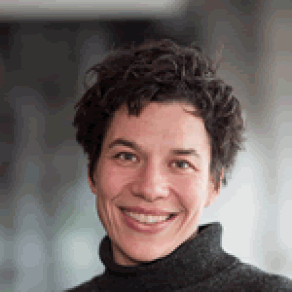When philosophy and biology meet – On the evolutionary individuality of biofilms
Abstract: In this talk, I explore how combining work from philosophy of science and biology can help understand complex evolutionary questions. As a case study, I explore recent discussions on the status of biofilms as evolutionary individuals. From a biological perspective, data on biofilms is abundant. However, high functional integration within the microbial communities that form biofilms makes it hard to decide whether such a community should be considered as an evolutionary individual, or as a ‘mere’ collection of individual cells. From a philosophical point of view, either interpretation is a theoretical possibility: the challenge lies in connecting these possibilities to actual biological studies on biofilms. By investigating the evolutionary concepts of heredity and selection, I argue that the interpretation of these concepts is key in how biologists draw conclusions from their data. The reverse is also the case: philosophers of science rely heavily on their interpretation of the biological literature when they elaborate their conceptual analyses and argue in favour of or against a particular interpretation of above evolutionary concepts. I conclude with some practical recommendations on how a combined philosophical and biological approach can complement either research effort, and lead to more fruitful discussions in both areas of investigation to boot.

